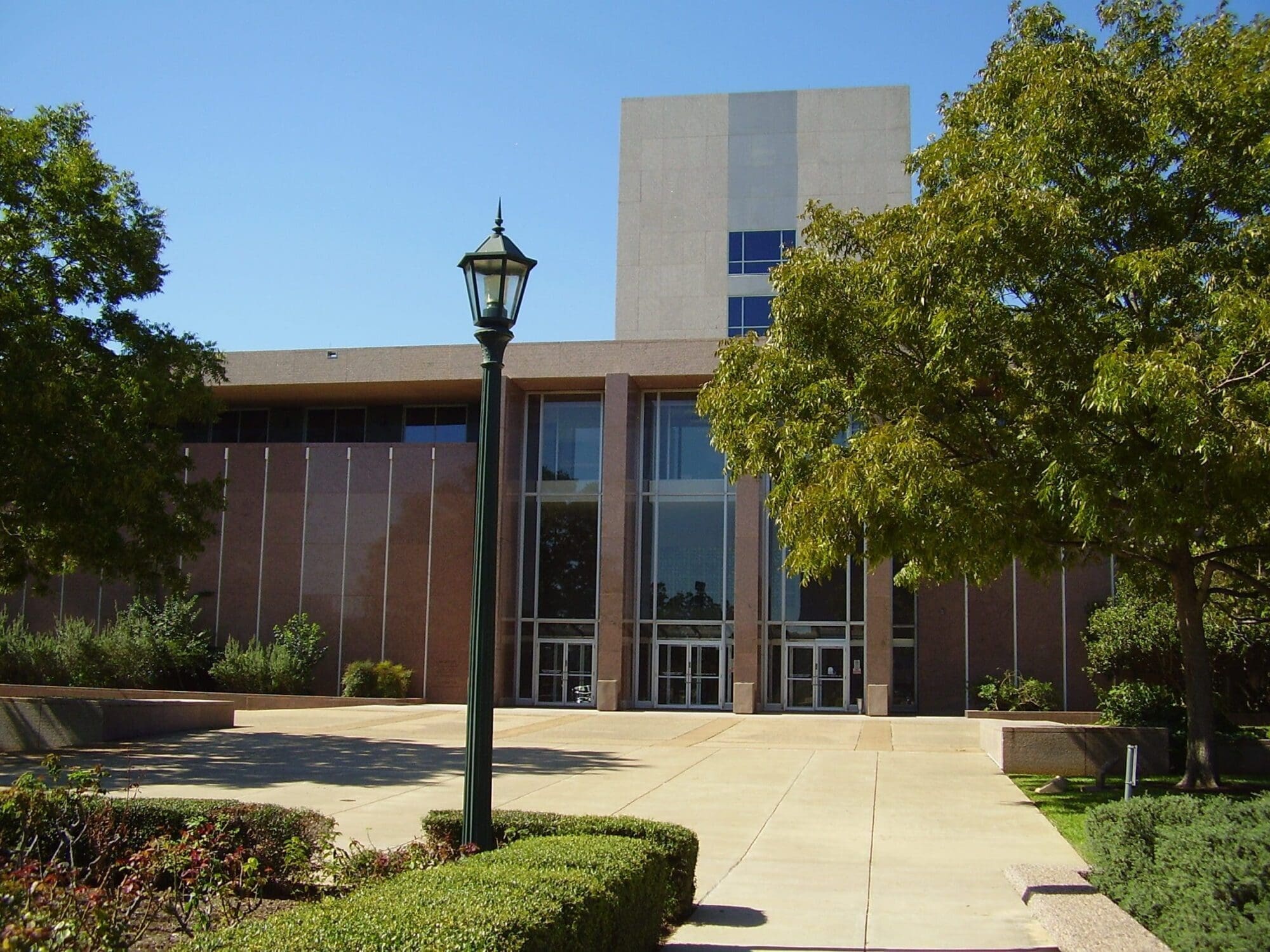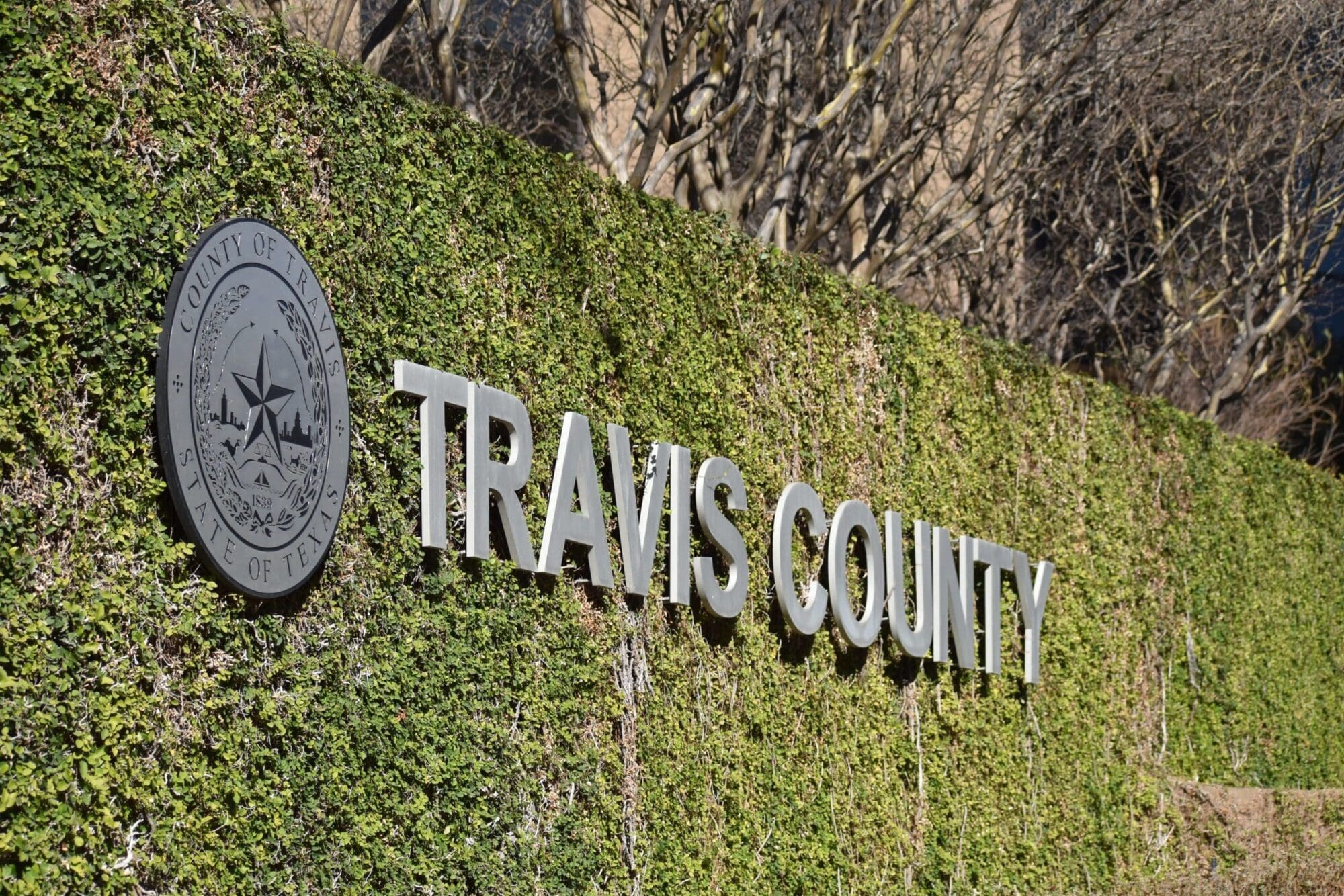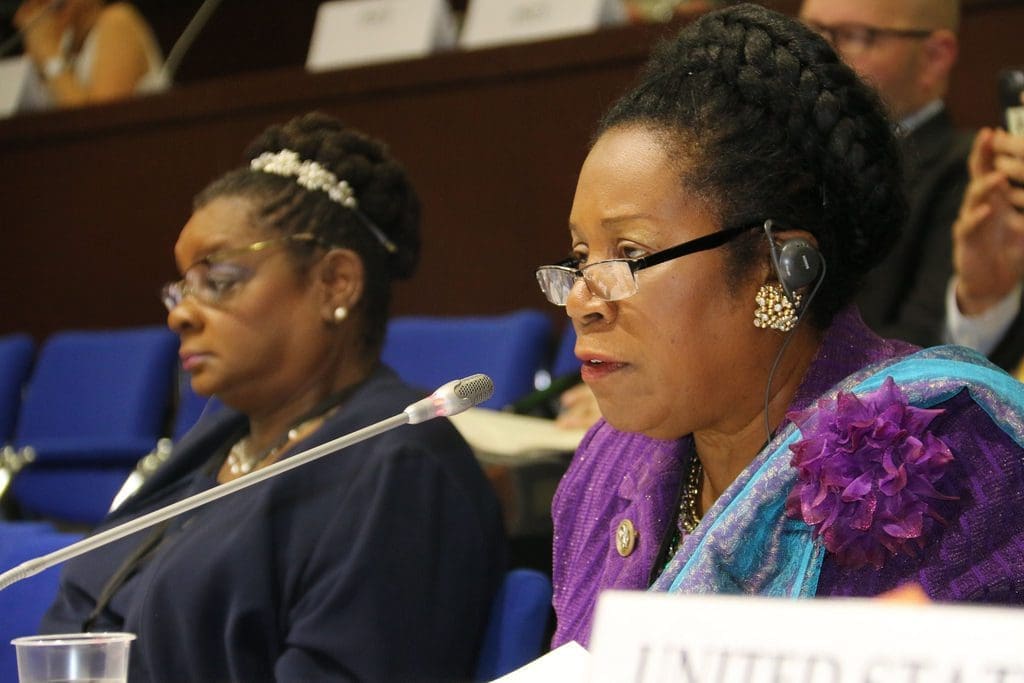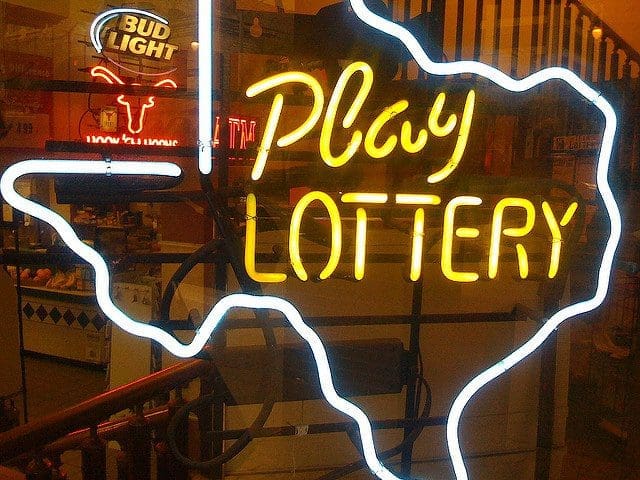Hemp-derived THC’s classification as a Schedule I controlled substance is being challenged in the Texas Supreme Court, with allegations that it was not classified through the proper legal process.
A Schedule I controlled substance is considered by Texas law to have a high potential for abuse and no safe, accepted medical use in the United States. There are severe legal consequences for the possession and distribution of such drugs.
This case coincides with a called special session, which includes THC regulation after Gov. Greg Abbott vetoed Lt. Gov. Dan Patrick’s bid to ban the substance.
In 2019, the Texas Legislature—in alignment with the federal 2018 Farm Bill—passed House Bill 1325, also known as the Texas Farm Bill, which established the state’s legal definition of hemp. This law—now called the Texas Hemp Law—established that “It is the policy of [Texas] that hemp is a viable agricultural crop and an agricultural commodity in this state.”
In June 2019, Abbott signed the Texas Farm Bill into law.
The law defined hemp as “the plant Cannabis sativa L. and any part of that plant, including the seeds of the plant and all derivatives, extracts, cannabinoids, isomers, acids, salts, and salts of isomers, whether growing or not, with a delta-9 tetrahydrocannabinol concentration of not more than 0.3 percent on a dry weight basis.”
Under the law, any substances qualifying as hemp—according to this definition—were removed from the list of controlled substances, meaning it is no longer subject to strict government control.
At this time, many companies—including Sky Marketing Corp., which operates under the name Hometown Hero—reportedly entered the Texas hemp market “as sellers and consumers of products containing hemp-derived delta-8 THC,” according to court filings.
Delta-8 and delta-9 THC are both produced by the cannabis plant, but delta-8 occurs in much smaller quantities. Delta-8 is reportedly a less potent cannabinoid that produces a milder psychoactive effect.
A review of the Texas Hemp Law found no explicit mention of delta-8 THC.
According to court filings, this is why John Hellerstedt—the former Texas Department of State Health Services (DSHS) commissioner—updated the DSHS website in October 2021 to classify hemp-derived delta-8 THC as a Schedule I controlled substance. Abbott appointed Hellerstedt in 2015, and he took office in 2016.
Sky Marketing argues that this decision effectively outlawed “Texas hemp production contrary to the Legislature’s intent.”
Former Republican State Rep. Bill Zedler—an author of the Texas Hemp Law—told Texas Scorecard that “at the time we had the bill, we were not aware of the delta-eight derivatives.”
Texas Scorecard spoke with Sheila Hemphill, who was a lobbyist for the Texas Hemp Law as executive director of the Texas Hemp Industries Association.
“Delta-8 is considered an isomer under the definition of hemp, which is in the law as cut and pasted from the federal law,” said Hemphill. “Though it is a legal product, the term delta eight wasn’t even a known discussion.”
Hemphill argues that the DSHS commissioner’s actions were “not just” contrary to the Legislature’s intent at that time, but contrary to the “written inclusion of the word ‘isomer,’ which is what delta eight is.”
State Sen. Bob Hall (R–Edgewood), who was a sponsor of the Texas Hemp law, disagrees.
“The Legislature’s intent in 2019 was an agricultural bill to allow for the growing and production of hemp products. They never intended to allow a psychoactive drug to be on the market with no regulation or control,” Hall told Texas Scorecard. “I do not believe that the actions of the DSHS commissioner ran contrary to the Legislature’s intentions at all. While the process may be in question, I do not believe the effect should be.”
A coalition of affected businesses (with Sky Marketing as the primary petitioner) filed a lawsuit against the DSHS and then-commissioner Hellerstedt in his official capacity. Current DSHS Commissioner Jennifer Shuford became a party in the case in 2022, when she took over the position after Hellerstedt retired.
Sky Marketing alleges Hellerstedt’s unilateral actions violated the Texas Controlled Substances Act of 1989, which established rules for how drugs are to be classified.
Section 481 of the Texas Controlled Substances Act states, “the commissioner may not make an alteration in a schedule unless the commissioner holds a public hearing on the matter in Austin and obtains approval from the executive commissioner.”
According to Sky Marketing, “No such hearing was conducted.”
Sky Marketing also argues that this action—performed by an executive officer—is a separation of powers issue, as it runs contrary to the intent of state lawmakers in 2019.
The Texas Hemp Law stated that “It is the intent of the legislature that this state have primary regulatory authority over the production of hemp [defined as hemp-derived delta-9] in this state.”
Defendants argue the commissioner was merely clarifying that the law did not include delta-8, which they claim is still a Schedule I controlled substance in Texas.
The Third Court of Appeals in Austin affirmed the district court’s orders denying the State’s plea to the jurisdiction—which questioned the court’s authority to hear the case—and granted Sky Marketing a temporary injunction, protecting the company from legal liability until the issue is resolved.
The state appealed this decision to the Texas Supreme Court, which has decided to hear the case. Oral arguments will be held September 10 at 9 a.m. in the Supreme Court building in Austin.
As this case develops, THC regulation has become a top issue in Texas politics.
In the late hours of June 22, the last day he could, Gov. Abbott vetoed Senate Bill 3, legislation that would have banned the sale of synthetic and semi-synthetic THC products like Delta-8 and Delta-9 in Texas. Instead, Abbott has called for a special session starting July 21 to create a regulatory framework for intoxicating THC products.
Less than 24 hours later, Lt. Gov. Dan Patrick accused the governor of effectively seeking to legalize recreational marijuana in Texas. “It’s surprising the governor of the state of Texas wants to legalize recreational marijuana in Texas. That’s the headline, folks, because that’s what his proclamation does,” Patrick said.
Amanda Taylor—legal counsel for Sky Marketing—told Texas Scorecard, “The current debate on S.B. 3 confirms an argument we have advanced throughout the case: the Texas Legislature is the appropriate body to regulate these policy decisions.”
Sen. Hall agreed the issue ought to be resolved by the Texas Legislature.
“Addressing delta-8 THC in this special session is not only appropriate—it is necessary. A coherent policy is needed to align state law, regulatory enforcement, and public safety priorities,” said Hall.
“Senate Bill 3, as passed during the regular session, would have effectively banned all consumable THC products, including delta-8 THC,” he continued. “Although Governor Abbott vetoed the bill, citing a preference for a regulatory framework over a full ban, I remain opposed to regulating a product that I believe should not be legal in the first place.”
Shuford and the DSHS told Texas Scorecard, “The state has responded to the lawsuit through the court process.”
Gov. Abbott and Lt. Gov. Patrick did not respond to Texas Scorecard’s request for comment in time for publication. Best efforts were made to reach Hellerstedt.
If you or anyone you know has information regarding court cases you believe we should know, please contact our tip line: scorecardtips@protonmail.com.





